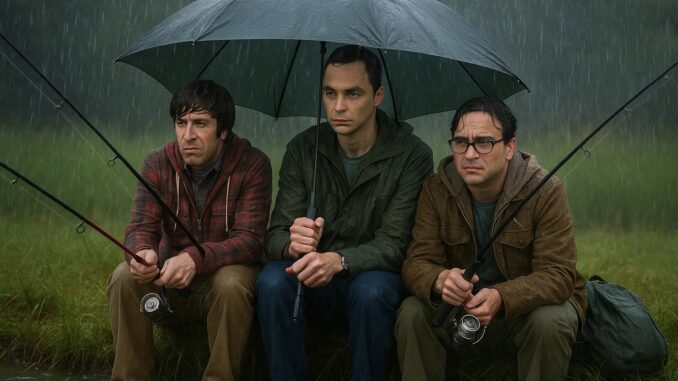
When The Big Bang Theory premiered in 2007, comic book fans, video gamers, and sci-fi enthusiasts were still seen as living on the fringes of pop culture. By the time the show ended in 2019, “geek culture” had gone from niche to mainstream—and the sitcom played a surprising role in that transformation.
Comic Books on Primetime TV
One of the show’s recurring settings was the comic book store, a second home for Sheldon, Leonard, Raj, and Howard. Before then, comic shops were rarely given screen time on major television sitcoms, let alone portrayed as central to characters’ social lives. Episodes featuring heated debates over who would win in a battle—Superman or The Flash—mirrored real-life conversations that had long been confined to fandom conventions. Suddenly, millions of viewers were in on the discussion.
Normalizing Fandom
The characters’ unabashed love for superheroes, Star Wars, and Star Trek helped dismantle the stereotype that only socially isolated misfits cared about these worlds. Viewers saw brilliant scientists debating Klingon grammar or dressing up for Doctor Who night, and instead of ridicule, the show celebrated it with laughter and affection. For many fans watching at home, it felt like recognition—finally, their hobbies weren’t just valid, they were cool enough for network TV.
Boosting Collectibles and Conventions
The show’s influence even spilled over into the real world. Comic book sales and merchandise tied to franchises mentioned on the series saw noticeable boosts. Conventions like San Diego Comic-Con also gained wider exposure, no longer viewed as niche gatherings but as major pop-culture events. Many attendees admitted that The Big Bang Theory played a role in legitimizing their passions to family and friends.
Bridging Generations of Fans
Perhaps most importantly, the sitcom connected different generations of fandom. Parents who once dismissed comic books as “kid stuff” found themselves laughing alongside their children at jokes about Batman or Green Lantern. The series became a cultural translator, making niche fandoms accessible to those who had never picked up a comic in their lives.
A Legacy Beyond Laughter
Today, in an era where superhero films dominate the box office and fandom is at the center of global entertainment, it’s easy to forget how different the landscape was in 2007. The Big Bang Theory didn’t single-handedly create the cultural shift, but it amplified it, giving visibility and validation to millions of fans worldwide.
For many, the sitcom wasn’t just about friends in Pasadena—it was a love letter to the worlds of fantasy, science fiction, and superheroes that had shaped their lives long before the mainstream caught on.